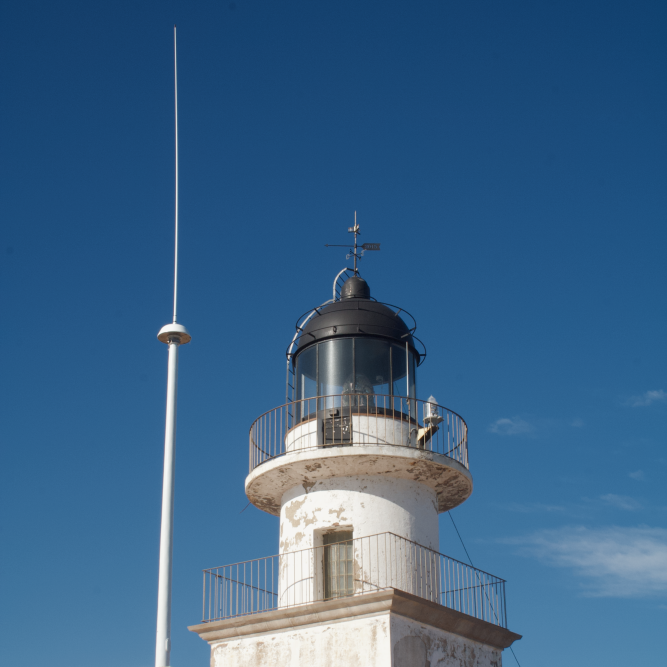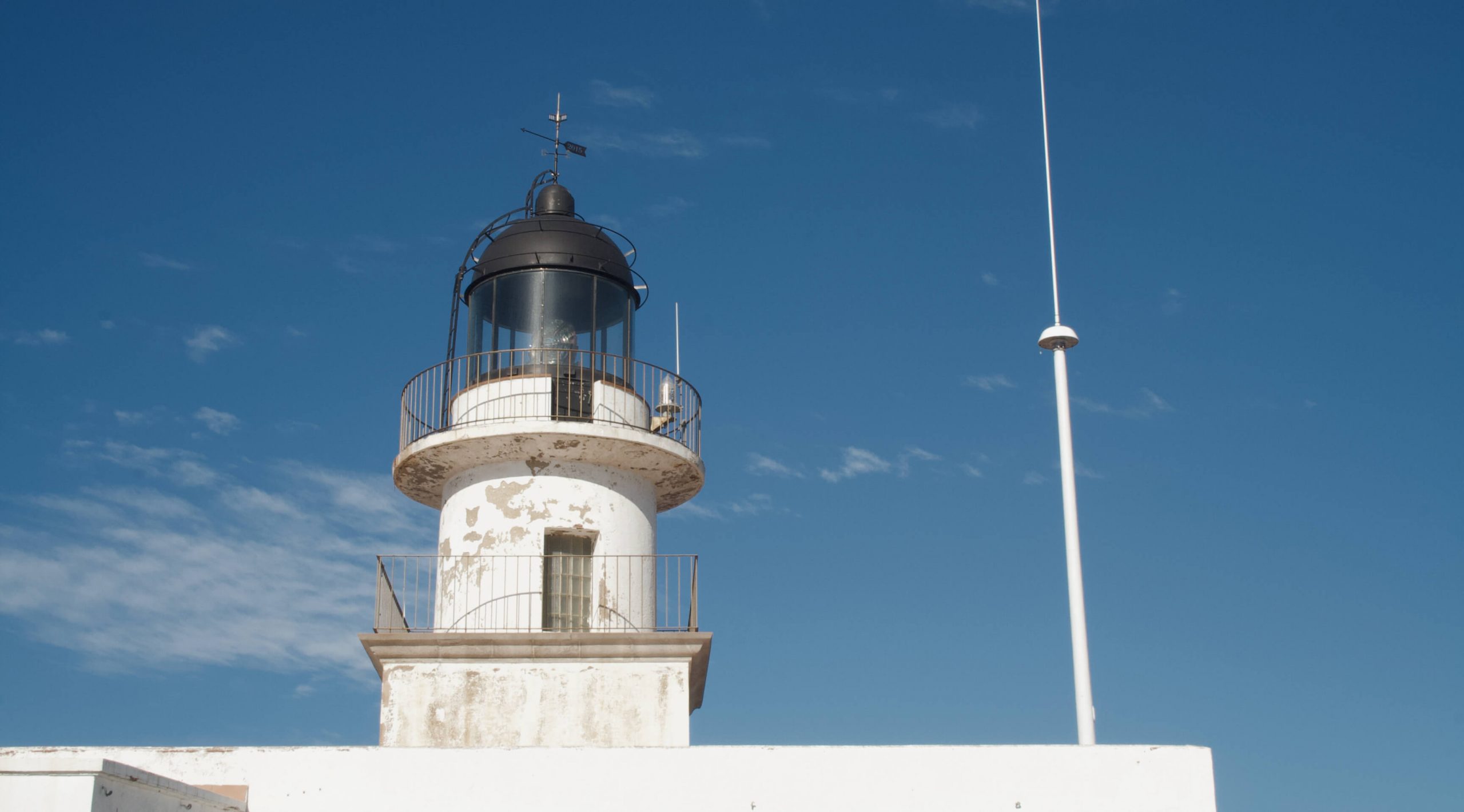Marine currents play a key role in the ocean by transporting heat, nutrients and planktonic organisms. They also affect shipping, fishing activity, beach water quality and determine the trajectory of pollutants and other drifting objects.

Despite their importance, existing measures on marine currents in Catalonia are quite limited. However, from now on the extent and resolution of these data will be significantly improved thanks to the implementation of a new high-frequency radar network managed by the ICATMAR, a cooperative body between the Institut de Ciències del Mar (ICM-CSIC) and the Generalitat de Catalunya that aims to provide scientific advice on maritime issues, promote cooperation and boost marine research.
“The new network will make it possible to monitor marine currents and waves in real time, which will help improve fisheries management, biodiversity status, safety and maritime transport”, explains the ICM-CSIC researcher Jordi Isern, head of the new ICATMAR operational oceanography service, who adds that “the radars will also help predict the movement of pollutants in order to reduce their impact between the coastline and some 40 miles offshore”.
In total, the network will be made up of 7 antennas -2 of which are already operating and the rest will be commissioned before the end of 2024- which will provide the direction and intensity of surface currents -at 1-meter depth- and hourly wave measurements.
“This is basic information to improve fisheries management, optimize navigation routes and contribute to the search for people in case of shipwrecks,” details Isern in this regard.
Finally, the new network will be complemented by the deployment, in the next two years, of another network of oceanographic buoys designed in conjunction with the Meteorological Service of Catalonia that will be used to obtain measurements of bottom currents, surface temperature and salinity, waves and atmospheric measurements. All these data will be integrated with other data collected on European coasts in the framework of different national and international projects.
All in all, these infrastructures will help advancing in the sustainable development of the Blue Economy in Catalonia, which includes the fishing and recreational maritime sectors, but also to optimize responses to emergency situations such as shipwrecks or pollutant spills. Likewise, the incorporation of these data to the oceanic models that are being developed in the context of ICATMAR will allow much more accurate predictions of marine currents.

